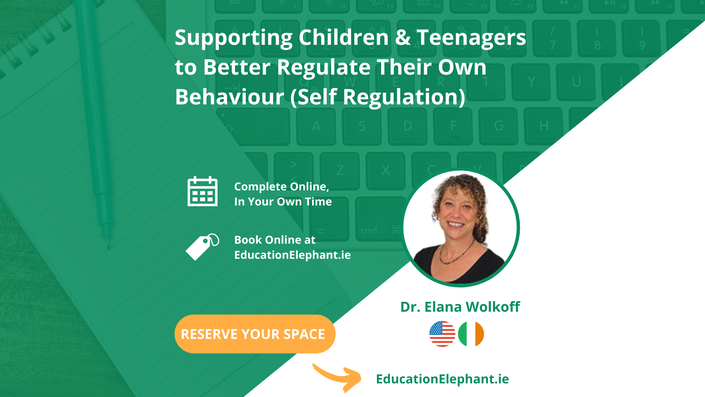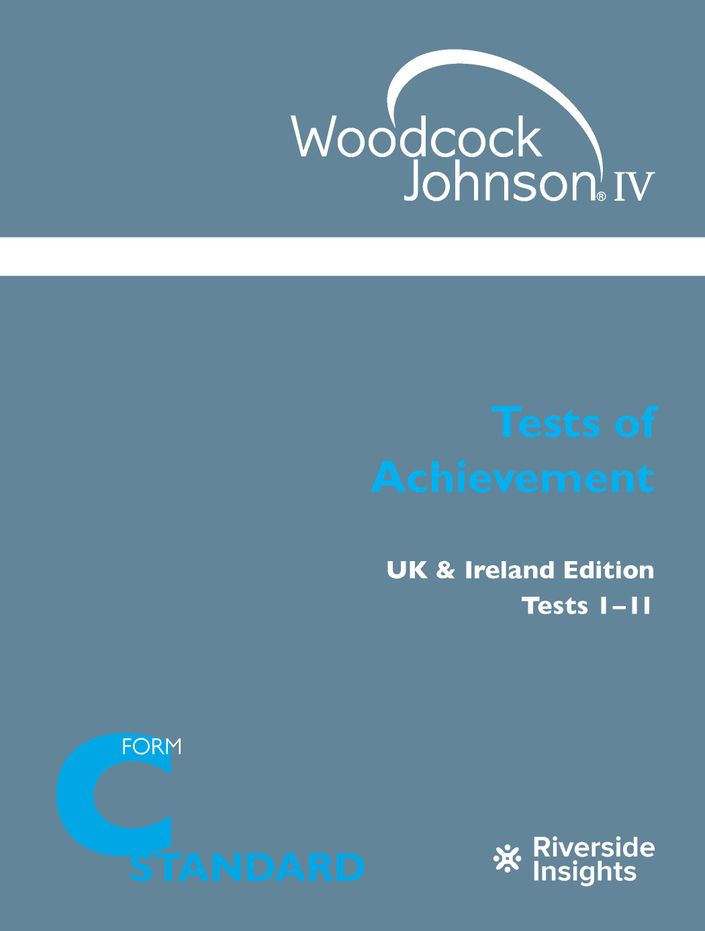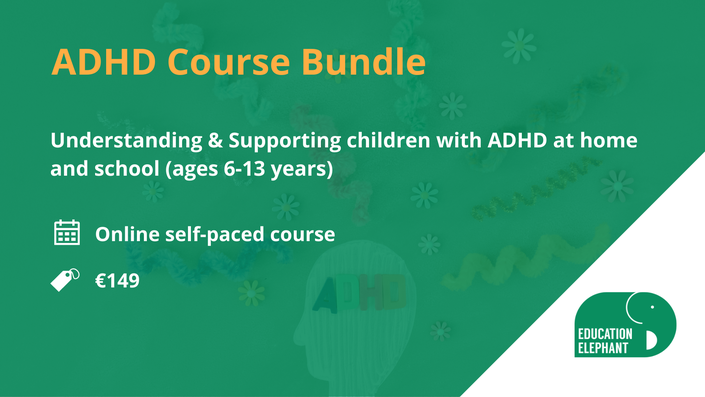
ADHD: Strategies for Building Success and Breaking Negative Patterns
Evidence based strategies and interventions to help your children thrive
Course Description
This comprehensive instructional video course for parents of children with neurodivergent difficulties, particularly ADHD, is about getting back control of your lives and teaching your child how to control their own challenging behaviours and outbursts.
If you do not take control of this situation your child may not receive the support they need to achieve a breakthrough in challenging behaviours from anywhere or anybody else, or in any other setting, such as social development or schooling.
The instructional video course is packed with crucial, up-to-date, evidence based information & practical strategies to help you support your children to develop the ability to control and manage their own behaviours, by themselves, so they can build the academic, social and personal skills they need to succeed in life.
This course focuses on self-control and will walk you through how to teach children to take turns, manage impulsivity, wait, follow rules, adapt to new situations, do what is socially expected, suppress outbursts of anger, motivate themselves in school and take on challenges.
When you follow these practical and proven strategies you will make a big difference to your child’s life, giving them the support they may not receive anywhere else – giving your child the tools they need to do better in school, with friends, at home and to feel good about what they can handle and about themselves.
This course is written and presented by expert child psychologist, author & psychology professor at Boston University Dr. Elana Wolkoff. The course is laid out in small manageable easy to follow video guides, with plenty of reflection exercises and resources for you to download. It is the perfect 'go-to' for any time-strapped busy parent looking to change negative behaviours into positive ones and set their child up for success and happiness.
What you'll learn
- How & why some children (e.g. ADHD / ADD / anxiety..) have problems controlling their behaviour, emotions, impulses attention and motivation
- The central role of self regulation in managing behaviour
- The challenges faced by children with regulation difficulties
- How to recognise & identify the root behaviour 'problem(s)' that children may have (things are not always what they seem!)
- How to teach children to manage their impulsive behaviours using 'pause buttons' - stop the hitting, biting, shouting out, interrupting
- How to help children pay attention and persist at tasks they may find difficult (e.g. homework or cleaning their bedroom!)
- How to maximise motivation in children that just can't get started on tasks
- Ways to set up your environment to help get the best out of your child
- How to nip challenging behaviours in the bud before they get out of hand
- How to identify your own behaviour management difficulties and the impact they may have on your child
What's included?
Video lessons
Downloadable Resources
Access on a tablet or phone
Certificate of Completion
Your Instructor

Dr. Elana Wolkoff is an Associate Professor in the Department of School Psychology at William James College, Boston, United States. She is a licensed school psychologist and licensed educational psychologist. Dr. Wolkoff earned a bachelor’s degree from Hampshire College, a Master of Education from Harvard Graduate School of Education, and a Doctorate in School Psychology from Northeastern University. Prior to her doctoral training, she worked as a high school special education teacher. Dr. Wolkoff has engaged in a wide range of professional roles, including: 15 years as a practicing school psychologist; Founding Member and Director of Student Support Services at a Boston area charter school; and clinical and special education consultant to K-12 schools. Dr. Wolkoff has presented at the regional, national and international levels. In addition to her passion for teaching children to self-regulate and to develop executive functioning skills, areas of research and clinical work include: developing trauma sensitive classrooms; increasing resilience for vulnerable youth; having difficult conversations, including, but not limited to those about race; and increasing educational equity.





